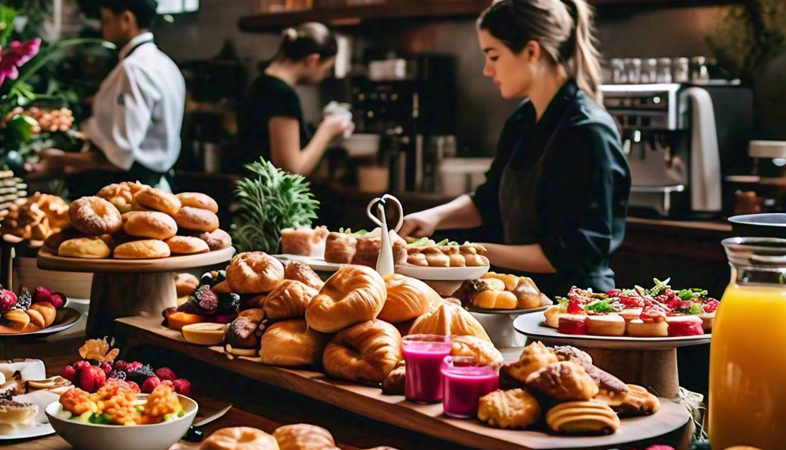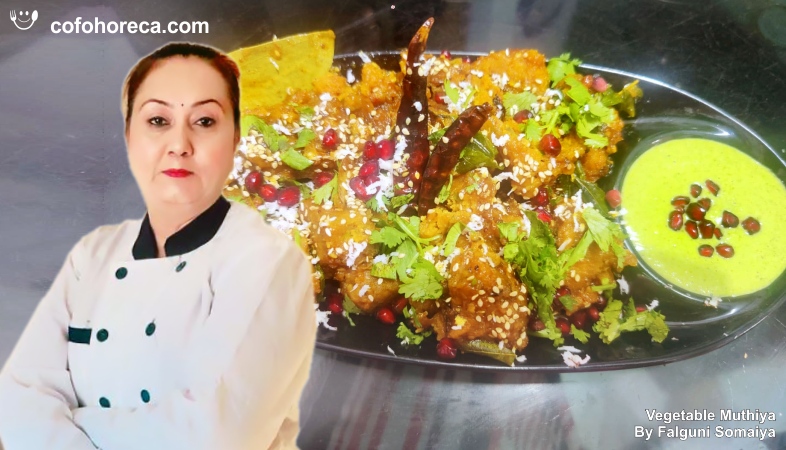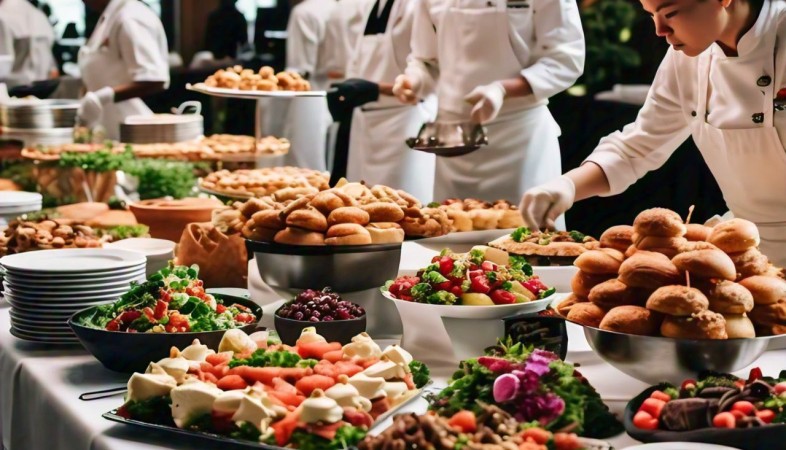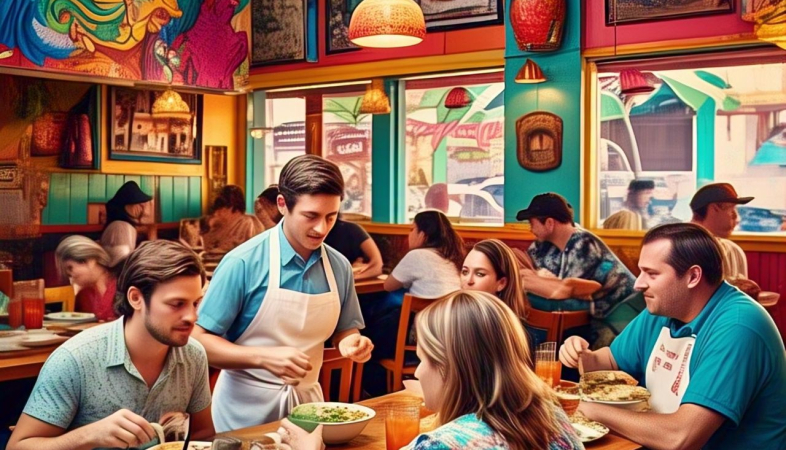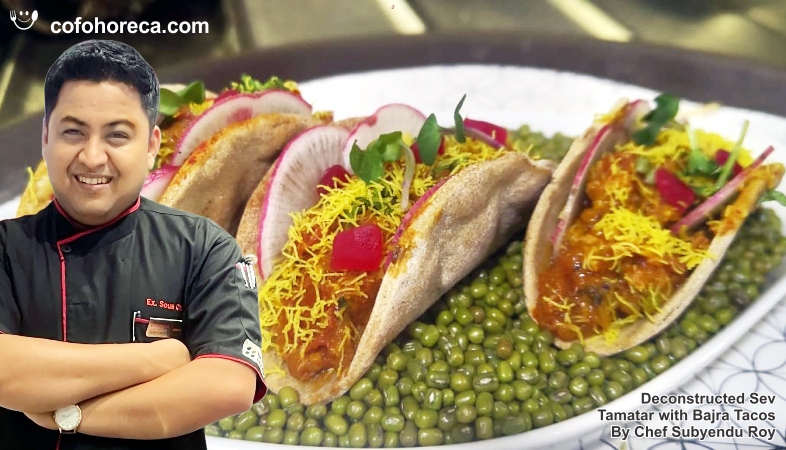Managing Large-Scale Events: Logistics and Coordination in Catering
By implementing these strategies, event organizers and catering professionals can effectively manage logistics and coordination for large-scale events.
Organizing large-scale events requires meticulous planning
and seamless coordination, especially in catering, where precision and
efficiency are essential for success. Here’s how to manage logistics and
coordination effectively:
1. Initial Planning and Preparation: Begin by understanding the event scope, including the number of guests, venue requirements, dietary preferences, and event timeline. Establish clear goals and objectives for the catering service, considering factors such as menu selection, service style (buffet, plated, stations), and special dietary needs.
2. Vendor Selection and Collaboration: Choose reputable catering vendors with experience in handling large-scale events. Collaborate closely with vendors to discuss menu options, service logistics, staffing requirements, and equipment rentals. Ensure vendors adhere to food safety regulations and maintain high-quality standards throughout the event.
3. Menu Development and Customization: Develop a diverse and appealing menu that accommodates various tastes and dietary restrictions. Offer options for vegetarian, vegan, gluten-free, and allergen-free dishes to cater to diverse guest preferences. Customize the menu based on the event theme, seasonality of ingredients, and guest demographics.
4. Logistics Planning: Plan logistics meticulously to ensure smooth operations on the event day. Coordinate delivery schedules for food and beverages, rental equipment (tables, chairs, linens), and decor elements. Allocate sufficient space in the venue for food stations, buffet setups, and dining areas, considering flow and accessibility for guests.
5. Staffing and Training: Hire trained and experienced catering staff, including chefs, servers, bartenders, and event coordinators. Conduct thorough training sessions to familiarize staff with menu items, service protocols, guest interaction, and emergency procedures. Ensure adequate staffing levels to maintain service efficiency and address unforeseen challenges.
6. Communication and Coordination: Establish effective communication channels among all stakeholders, including event organizers, catering staff, venue management, and vendors. Conduct pre-event meetings to review logistics, confirm timelines, and address any last-minute adjustments or special requests from clients.
7. On-Site Management and Execution: Assign dedicated staff members to oversee on-site management and execution of catering services. Monitor food preparation, presentation, and service to maintain quality standards and ensure guest satisfaction. Address any issues promptly and adapt to changes in guest attendance or event schedule as needed.
8. Post-Event Evaluation and Feedback: Conduct a post-event evaluation to assess the success of the catering service. Gather feedback from clients, guests, and staff to identify strengths and areas for improvement. Use this feedback to refine processes, enhance service delivery, and build long-term relationships with clients and vendors.
By implementing these strategies, event organizers and catering professionals can effectively manage logistics and coordination for large-scale events. Attention to detail, proactive planning, and collaborative teamwork are essential for delivering exceptional catering experiences that meet client expectations and ensure guest satisfaction.
.png)


